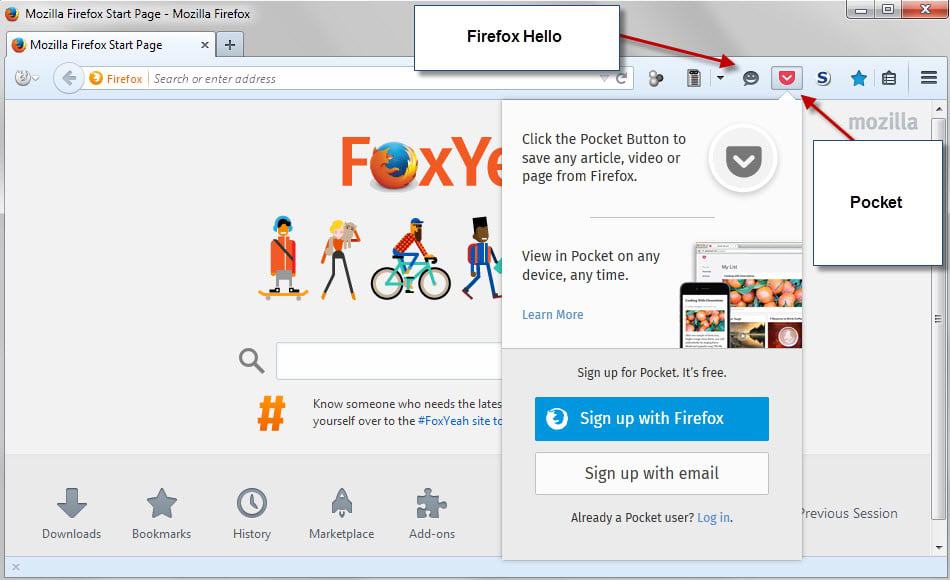

Today, Pocket is in the process of moving into a new office to fit its now quickly growing team (targeted at two dozen by year-end), so it’s clear that success has shifted Weiner’s perspective, at least a little. What would they work on? Why’s a team of ten working on what one person can do?”

I couldn’t fathom having a team that size. “Evernote (which had made a bid to buy Pocket in its early, early days) employed around 60 people when I first started talking to them. “I asked myself, ‘What the hell would five people do?’” Weiner says. How many people would he need? For someone who built the first version of Pocket on his own in a night, five people seemed like a lot. Nearly four years into Pocket, Weiner decided to raise money to turn his one-man-show into a team. Any early-stage company that seeks to punch above its weight can benefit from Weiner’s exceptional (in more ways than one) experience with growth. Instead, he shares the two ways startups can grow a business without a marketing or sales team, and the incredible advantages of staying small for focus, culture and trust. In this exclusive interview, Weiner explains why scaling a company doesn’t always mean increasing headcount (and burn). Pocket is proof that size of team doesn’t equal scale of impact.

On his own, he built and designed Pocket’s website, API, iPhone app and iPad app, and fielded support requests from his first few million users. Pocket just celebrated its eighth birthday - but for roughly half of the company’s existence, Weiner was the sole employee. It serves its 20 million registered users - who have saved over 2 billion articles and videos for later - with a team of just 20 employees.Īt the center of this supernatural ability and efficiency is founder and CEO Nate Weiner. Like the insect, the startup supports that which is many times its own size. If save-for-later service Pocket had a spirit animal, it’d be the American field ant.


 0 kommentar(er)
0 kommentar(er)
